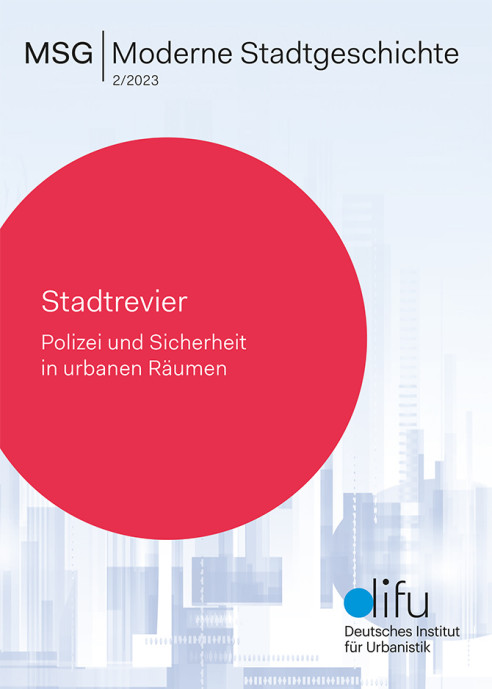„Zeitvergehen“ als Form von Devianz im urbanen Raum – „Polizei“ als Instrument und Projektionsfläche sozialer Disziplinierung in Sachsen (1700–1850)
DOI:
https://doi.org/10.60684/msg.v54i2.16Schlagworte:
Polizei, Kriminalitätsrate, KonflikteAbstract
The attempts of the authorities to curb the urban population's tendency for idleness were accompanied by increased controls by the “police' and the forces of order. These included the monitoring curfews, controlling festivals and celebrations (baptisms, weddings, funerals), and apprehending beggars and vagabonds. Time and again, individual decisions had to be made as to whether or not the permissible level of idleness was exceeded. It was necessary to establish new competences and, at the same time, new standards of value, which the “police” had to anchor in society. This almost inevitably resulted in conflicts, which are reflected to varying degrees in the Saxon criminal records. Such conflicts can give an impression of the extent to which the police were instrumentalised for social disciplining. They also reveal how, at the same time, the police repeatedly faced criticism and resistance because they were held responsible for official interventions into individual control over time. The article focuses on the interplay between the instrumentalisation for social discipline and a screen onto which negative attitudes towards official interventions were projected.
Downloads
Veröffentlicht
Ausgabe
Rubrik
Lizenz
Copyright (c) 2023 Anne Purschwitz

Dieses Werk steht unter der Lizenz Creative Commons Namensnennung 4.0 International.






